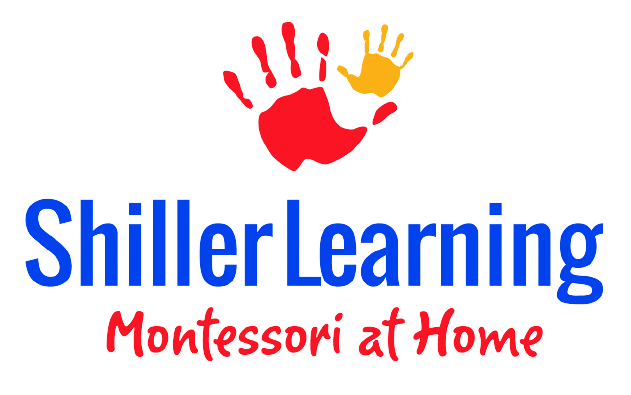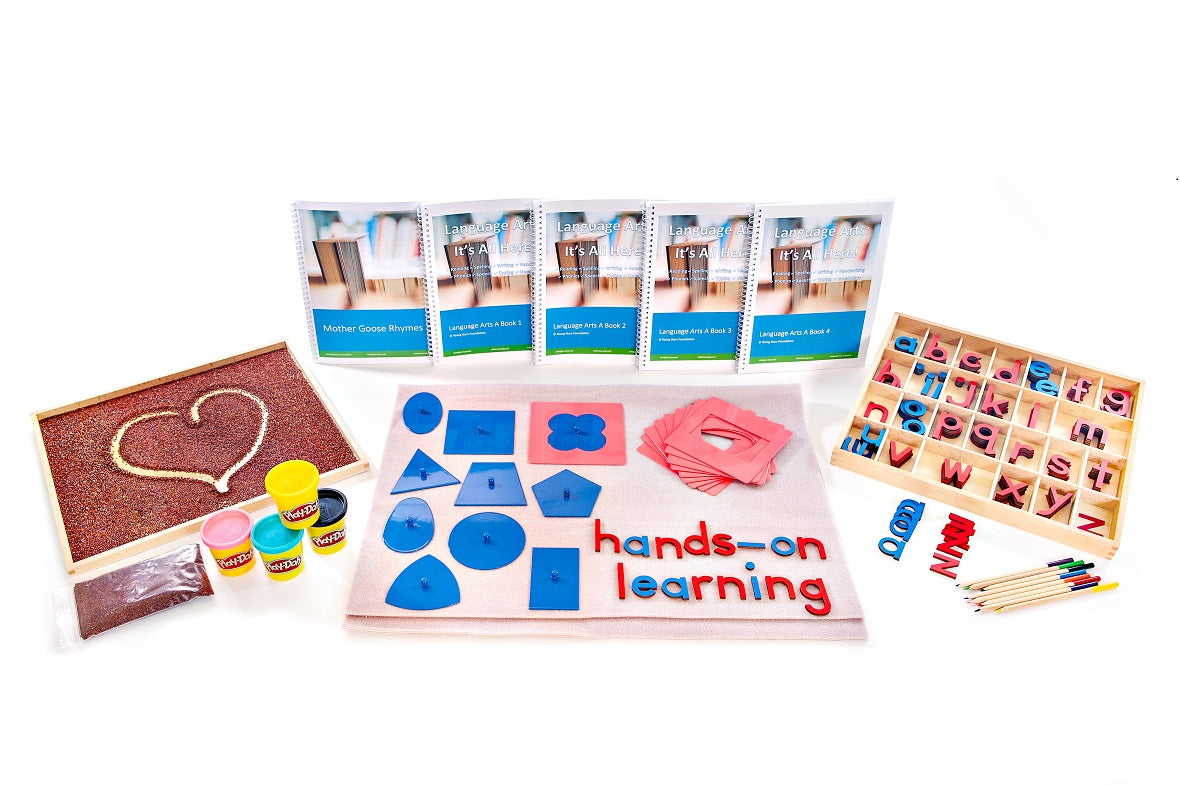How Getting Kids to Read Improves Math
Children today are the first generation to grow up without reading as a primary free-time activity. This is concerning for homeschooling families, as well as teachers. In previous generations, before the advent of technology, kids spent many a lazy afternoon pouring over a good book. We are seeing reading ability, comprehension and the time spent reading are lower than ever before. A decrease in reading ability pours over to the obvious fields such as vocabulary as well as, surprisingly enough, math skills.
The link between reading ability and math has been a hot topic of study lately. Numerous research projects have been completed and the results continue to show the same things. Getting kids reading fluently and with good comprehension translates to an increase in math abilities. This is especially true with word problems, but overall skill in all the maths increase as children’s reading levels increase.
Dywayne Nicely from Ohio University Chillicothe recently studied this effect on 63 high school juniors. He enrolled them online test preparation programs focused on building reading comprehension for one year. At the end of the study, he found that they increased their algebra II scores by 14.8% and pre-calculus improved by 5.4% percent. This is a profound increase for students who were focused on reading comprehension and not math!
Word problems are an important component of reading and math. They require reading comprehension skills to be strong or the child won’t be capable of solving the problem. We use word problems to help children gain a better grasp of how math works in the real world. These problems help them start thinking about everyday scenarios in a different way.
Children who read for pleasure, and have solid reading skills, are typically found to be better problem solvers overall. This leads to kids who are better able to solve arithmetic problems, as well as handle problems they face in real life. By focusing on reading skills, especially comprehension, teachers and homeschoolers alike see spillover benefits in all of the subjects, including math!
Reading is a fundamental skill, and one that kids are not engaging in nearly as often these days. The ShillerLearning Language Arts curriculum includes an emphasis on reading comprehension.
You can get more time-tested tips on improving math and reading skills on our blog.






